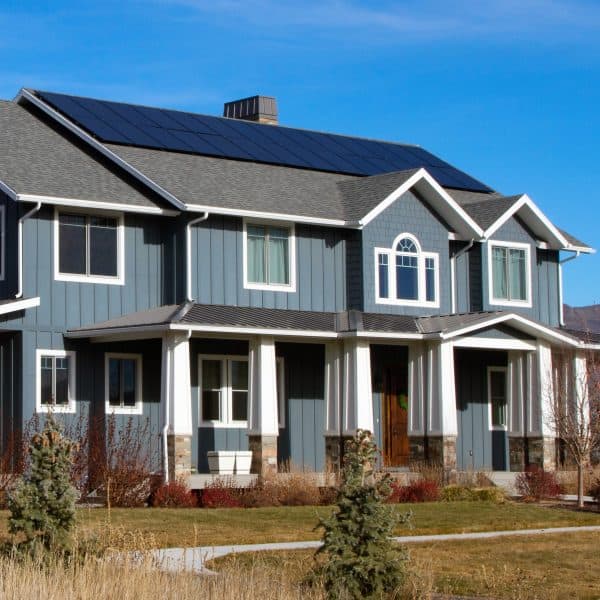5 Misconceptions About Utah Solar Systems

Don’t let Utah Solar misconceptions fool you. Being aware of the real value will save you money and provide a more rewarding solar experience.
5. All Utah Solar Warranties are Equal
Unfortunately, not everyone is there to help the customer. Not every panel has the same warranty coverage or length. Paying attention to your panel warranty wording is to your advantage.
Types of Solar Warranties
There are two panel manufacturer warranties: equipment and production warranties. Some installers also provide a workmanship warranty, though this is rare in Utah.
Solar Equipment or Materials Warranties
The manufacturer warranty standard for the solar industry is 10 years. There are, however, some manufacturers that provide 25 year extended warranty. This warranty covers manufacturing errors and durability problems.
Production Warranties
Workmanship Warranty
4. A Utah Company That Promises Immediate ROI is Best
Expecting an immediate return on an investment replacing a lifelong bill is outrageous. Solar take a while to recoup the costs. The benefits, however, are immediate and financing makes it affordable.
The Best ROI Option for Solar
The Cash Return
Solar Loan ROI
Getting solar through a loan is the next best option if you can’t afford to pay in cash. This option typically pays for itself in about seven years. And often it doesn’t require a down payment either. The rate and length of your loan compared to your electric bill determine your savings.
Taking a Look at Leased Solar
3. DIY (do it yourself) Solar is a Good Option
When you compare the price of solar supplies to hiring a professional, the price is lower. When you pay for a solar company to install, however, you are paying for peace of mind.
Why Getting a Professional Is the Wiser Choice
Hiring a certified and well-versed professional will save you time and irritation. Because solar deals with wiring it should not be a DIY project unless you are a master electrician. Watching a couple YouTube videos is not enough to prepare/qualify you for this type of project.
Determining your System Size
When you hire a professional, they make sure your system offsets most or all your electricity. This requires more than knowing the number of panels you need. The placement and angle of your panels and how best to connect them is also evaluated.
Take Care of Paperwork
Getting a full-service professional means that you won’t have to worry about any of the paperwork. Full-service solar companies help with a variety of services that need completed and approved paperwork in order to proceed. These include financing, permitting, new metering agreements and filling out tax credit forms.
Getting the Installation Done Quick
Using a full service installation team ensures a correct installation the first time. A professional solar install crew will also get the job done in a fraction of the time.
Warranty the Work with an Installer
If you hire a solar installation company you also don’t have to worry about maintenance. All you have to do is make a quick call and the installation crew will take care of it for you.
2. Leasing is More Cost-effective than Buying
Although when you lease a system you do save money, it isn’t as cost effective as buying solar.
Leasing a Utah Array
Buying your Utah Solar
1. Cheaper Is Better
Cheaper is better if you want to spend as little as possible up-front. However, solar is about return on investment, not up-front costs. That’s why a quality product is actually more beneficial. Taking the time to get to know what to look for in a solar panel will help you find your best option.



Send a Message
Oops! We could not locate your form.